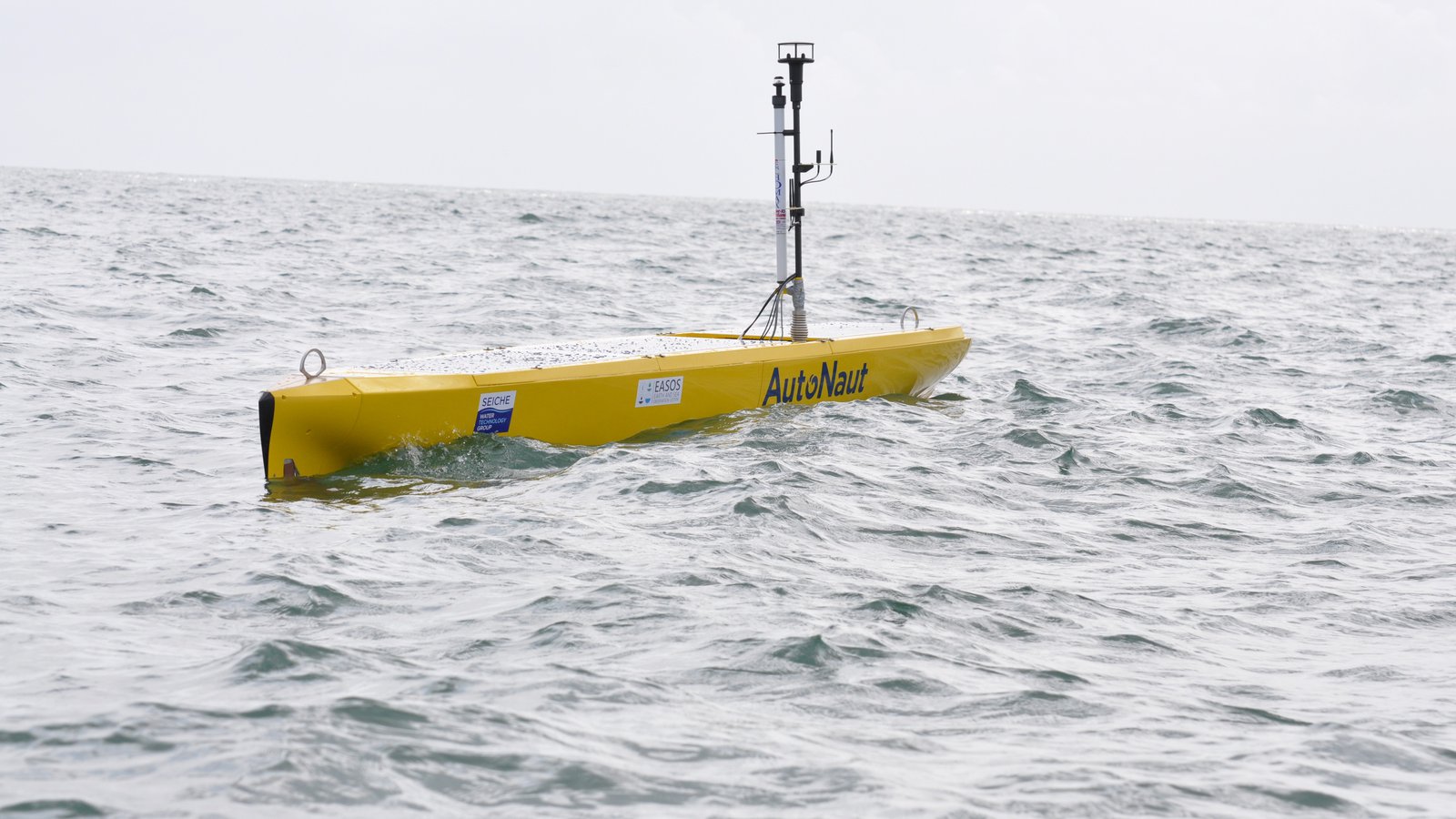News: Maritime UK launches new guidance on autonomous vessels

- Changes definition to embrace “Ship Systems”
- Updates terminology from unmanned to uncrewed
- Adds chapters on Cyber Security, Pilotage, Dynamic Positioning, and Vessel Data Recording
- New map of UK Operational and Evaluation areas
Maritime UK has launched an updated version of the industry Code of Practice for Maritime Autonomous Ship Systems.
The accelerating pace of change in maritime autonomy has required updated guidance for those owning and operating Maritime Autonomous Ship Systems (MASS), previously referred to as Maritime Autonomous Surface Ships.
The Maritime UK Autonomous Systems Regulatory Working Group (MASRWG) published the first code of practice to global industry-wide acclaim in November 2017, with the second version following in November 2018 and third in November 2019. Whilst not a legal text, the Code has been used by manufacturers, service providers, and others as part of their day-to-day work. Many manufacturers have reported clients requiring compliance with the Code as a basis for contractual negotiations.
Previous versions were focused on the design and manufacture of vessels, the operation of autonomous vessels, and a particular focus on skills and training. Last year’s updated version added a section on inland waterways and the principles that should underpin the design, manufacture, and operation of autonomous vessels. This new Code of Practice ushers in a new focus on “Ship Systems” as well as adding chapters on Cyber Security, Pilotage, Dynamic Positioning, and Vessel Data Recording. Reflecting a growing appreciation of the role that language plays in creating an inclusive sector, the Code also shifts from referring to unmanned to uncrewed vessels.
James Fanshawe, the MASRWG Chair, said: “The Maritime Autonomous Ship Systems industry continues to develop very fast. Version 4 of the Code of Practice provide guidelines which enable that development to continue in a safe, efficient, and sustainable way within the general order of the existing regulatory framework for life at sea. There are a number of new elements and updates to this version of the Code, including a chapter on Cyber Security. The working group has worked hard to deliver this version of guidance, ensuring we are all able to keep pace with global developments.”
Harry Theochari, Chair of Maritime UK, said: “The UK is renowned for its professional services expertise and in cutting-edge innovation. Thought-leadership in disruptive technologies and the way in which they should be regulated is therefore something that we excel in, and I’m delighted that the MASRWG has continued to produce the most innovative guidance available across the world. This coupled with our genuinely world-leading marine autonomy industry makes the UK an incredibly attractive proposition in this very exciting and dynamic part of our sector. Autonomy continues to change the way we live and work, and I commend the working group for making sure those that need it have robust, leading guidance to own and operate MASS.”
Maritime UK is also announcing details of the 6th MASRWG Conference: MASS Regulation – Unlocking the Future of MASS. Held 19-20 January 2021, the free virtual conference will feature keynote speeches from the UK Maritime Minister, Robert Courts MP, and Maritime UK’s Sarah Kenny. Speakers will come from across the maritime spectrum from both within the UK and overseas. Registration is now open, and the full programme can be seen here.
